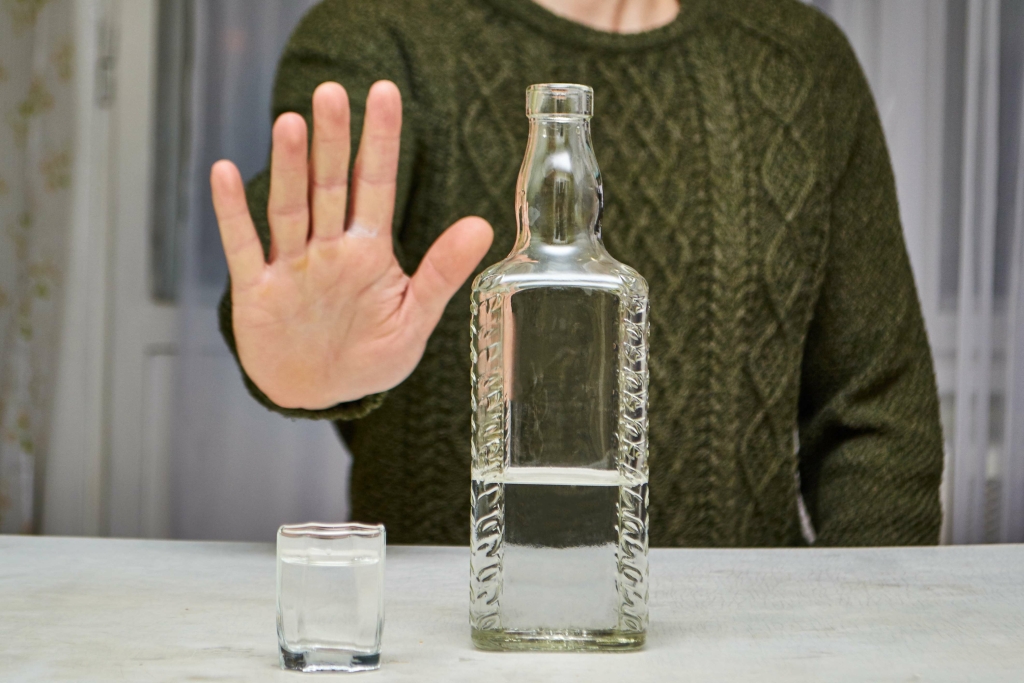The Four Stages of Alcoholism: Pre, Early, Middle, & Late
June 18, 2020 11:38 am Leave your thoughtsTypically, the drinker denies to himself and others that alcohol is a problem so he won’t have to deal with his inner turmoil. Hangovers, blackouts and stomach problems may now be physical symptoms that occur on a regular basis. Even if your loved one seeks help, you may still need help and support to overcome the effects.
Find the Road to Recovery from Problem Drinking with Caron Treatment Centers
In 2019, the FDA warned that people with respiratory conditions or who also take nervous system-suppressing drugs (like opioid painkillers) could experience fatal breathing issues. Between 2012 and 2017, at least 12 people died from respiratory depression while taking gabapentinoids, https://thepaloaltodigest.com/top-5-advantages-of-staying-in-a-sober-living-house/ the agency found. At high doses, the drug can also increase a person’s risk of falls, Shah said. Lead author Raj Shah, a fourth-year chief resident at the University of Central Florida and Orlando VA healthcare system, pulled VA data from 2002 to 2021 to conduct the research.
The Early Stage of Alcoholism
While the abstinence stage of withdrawal causes mostly physical symptoms, post-acute withdrawal is very psychological and emotional. So far, there’s no consensus on the medical definition of recovery in alcohol treatment literature. Top 5 Advantages of Staying in a Sober Living House It mimics certain chemicals, GABA and glutamate, that the brain naturally produces and are required for proper functioning. The former causes people to relax while the latter is excitatory and makes them more active.
Visible Signs of Alcohol Addiction Taking Hold

You’re aware of the adverse effects, but no longer have control over your alcohol consumption. The most severe form of alcohol withdrawal is delirium tremens (DTs), characterized by altered mental status and severe autonomic hyperactivity that may lead to cardiovascular collapse. Only about 5 percent of patients with alcohol withdrawal progress to DTs, but about 5 percent of these patients die. Daily drinking can have serious consequences for a person’s health, both in the short- and long-term.
Broken and Bleeding: Emotional Trauma and Substance Use Disorder
Many of the effects of drinking every day can be reversed through early intervention. Alcohol detox isn’t easy and not everyone can do it on their own. That is why alcohol detox and alcohol withdrawal treatment is administered by medical professionals. As the stage progresses, the disease takes hold and develops into middle-stage alcoholism.
- While cirrhosis scars from excessive drinking are irreversible, quitting alcohol and leading a healthier lifestyle can help your liver heal from alcohol-related liver disease.
- 6 or more criteria denote a chronic alcohol use disorder, otherwise known as alcoholism.
- The liver metabolizes most of the alcohol you consume, breaking it down into acetaldehyde.
- You’re aware of the adverse effects, but no longer have control over your alcohol consumption.
- Those who abuse other substances are much more likely to get addicted to both alcohol and the substance in question.
Table of contents
Categorised in: Sober living
This post was written by vladeta



